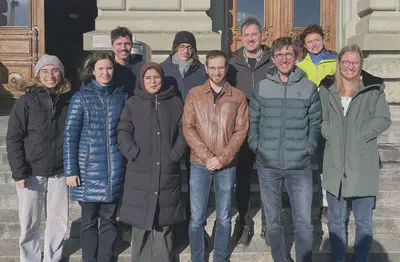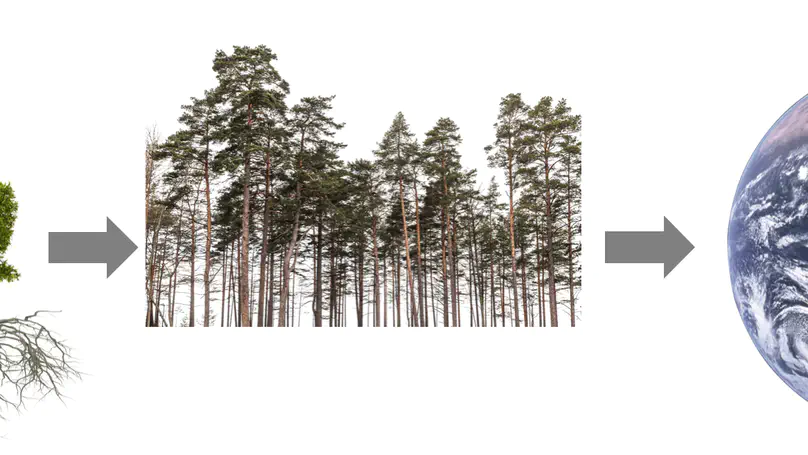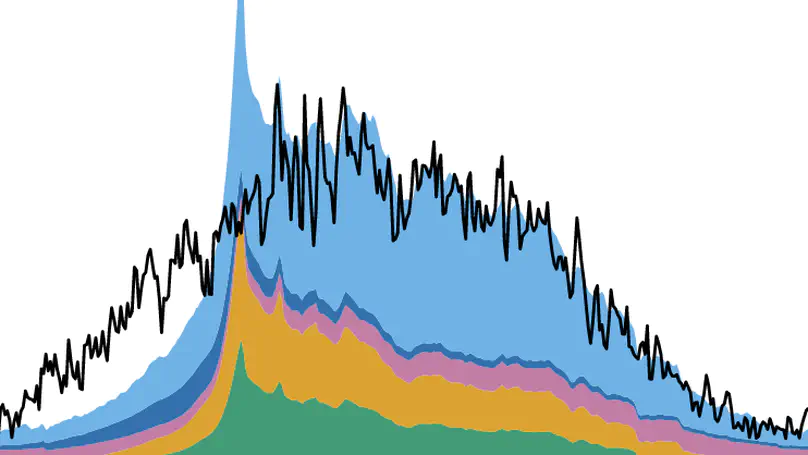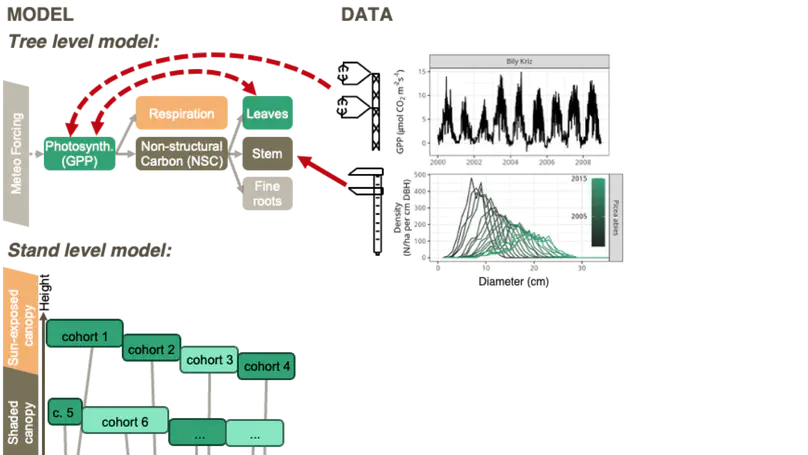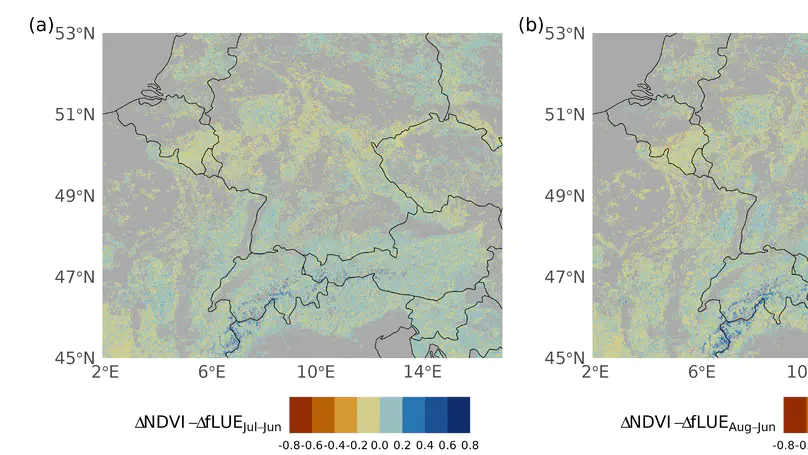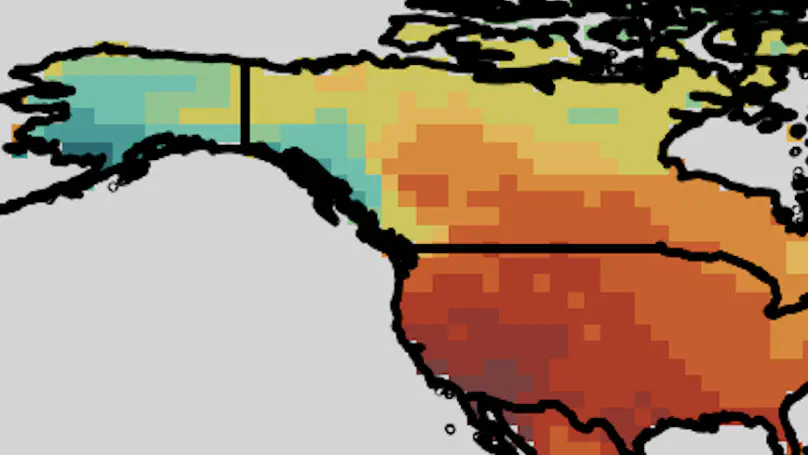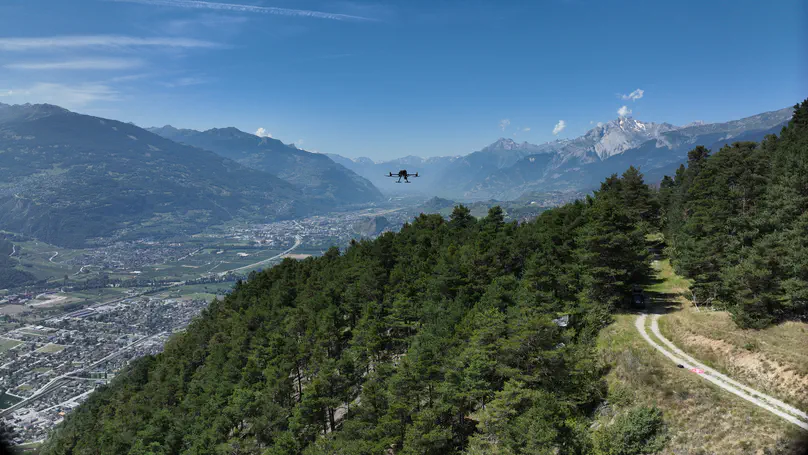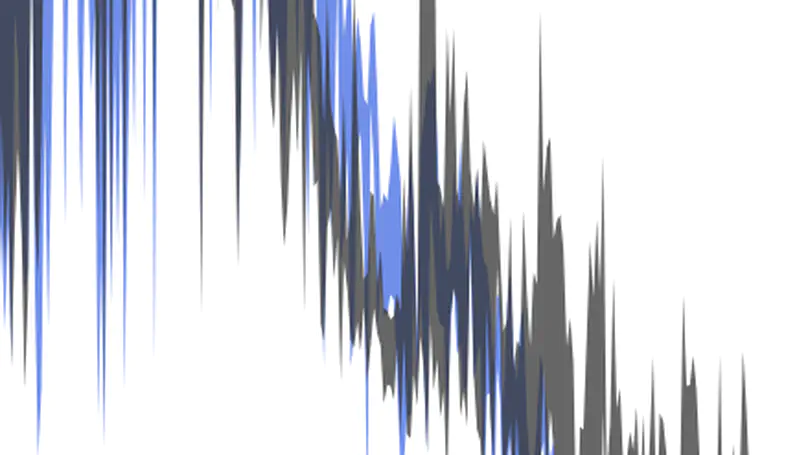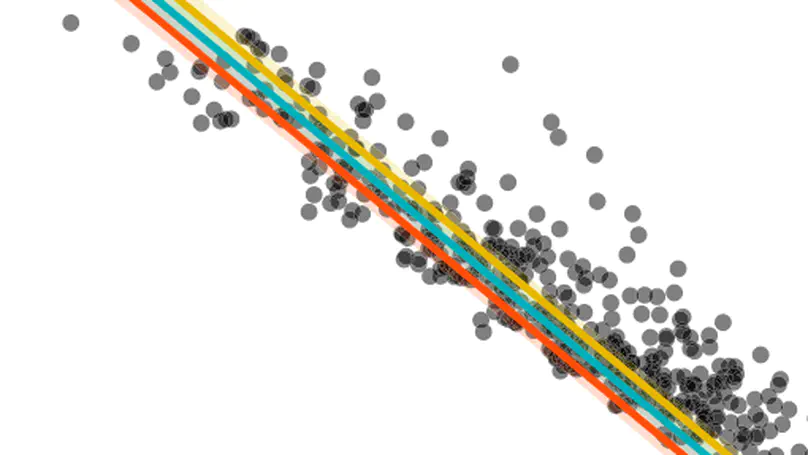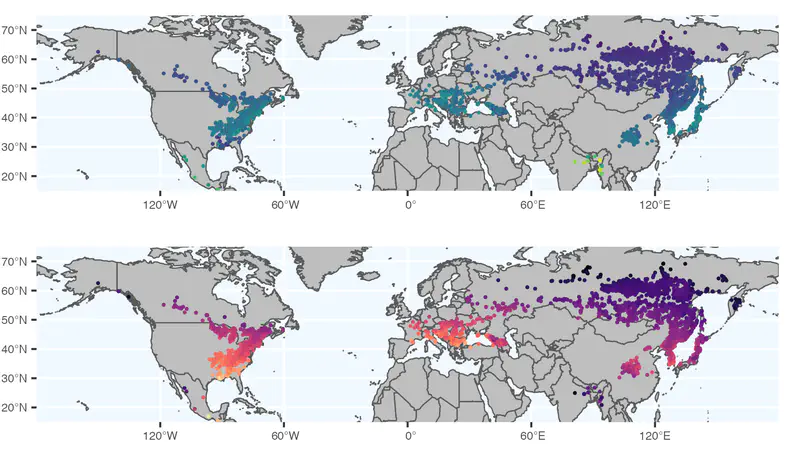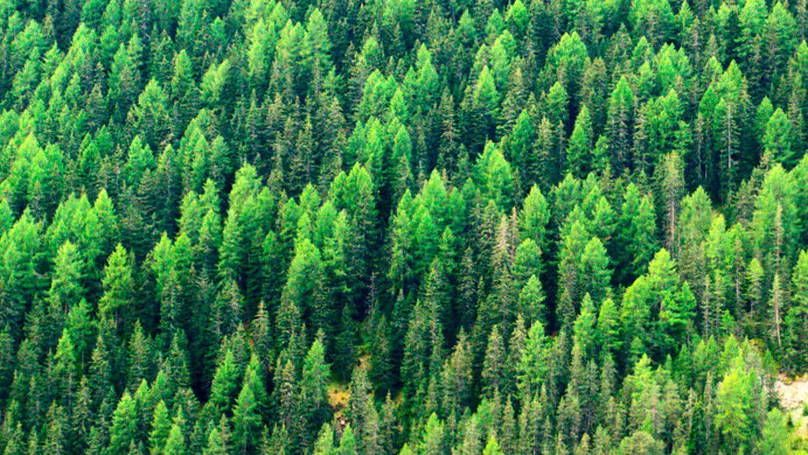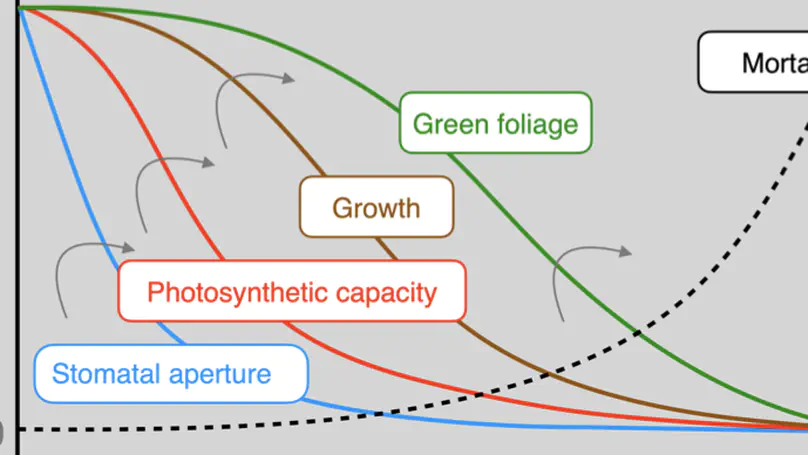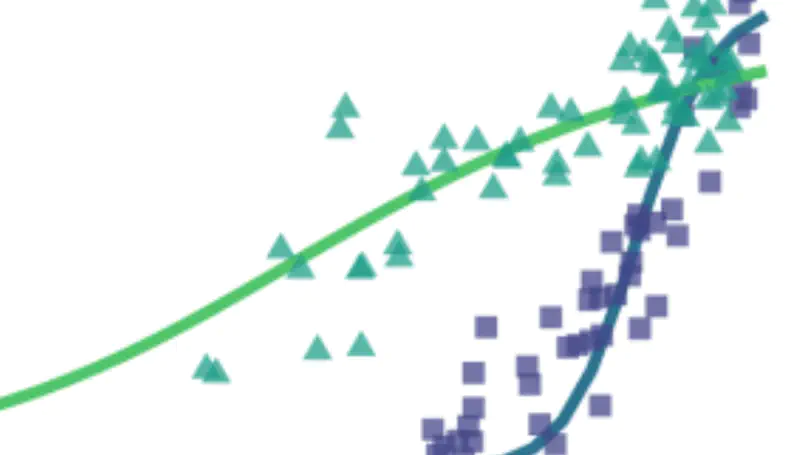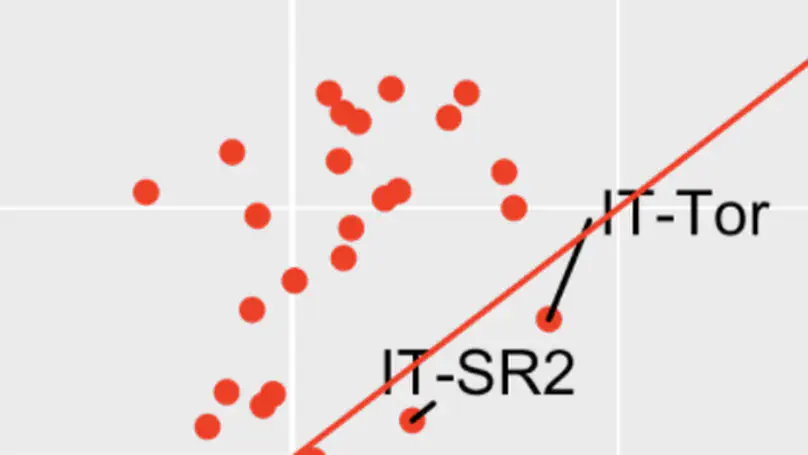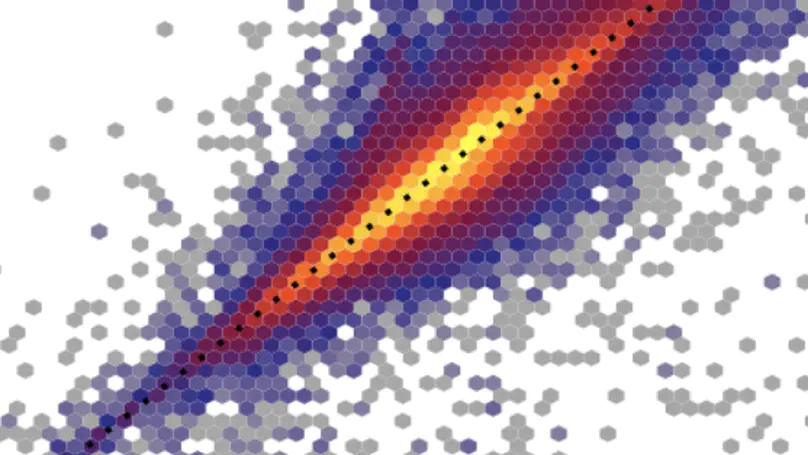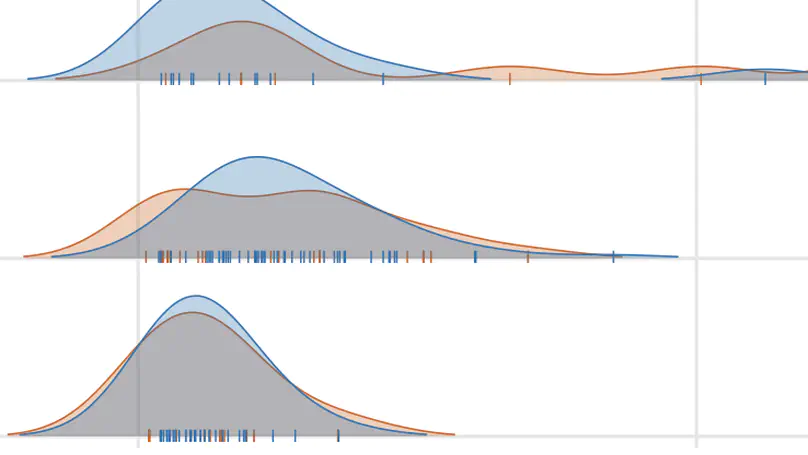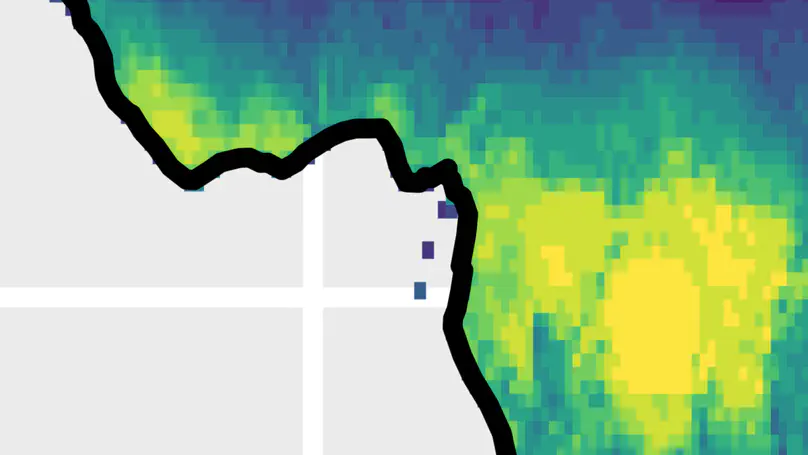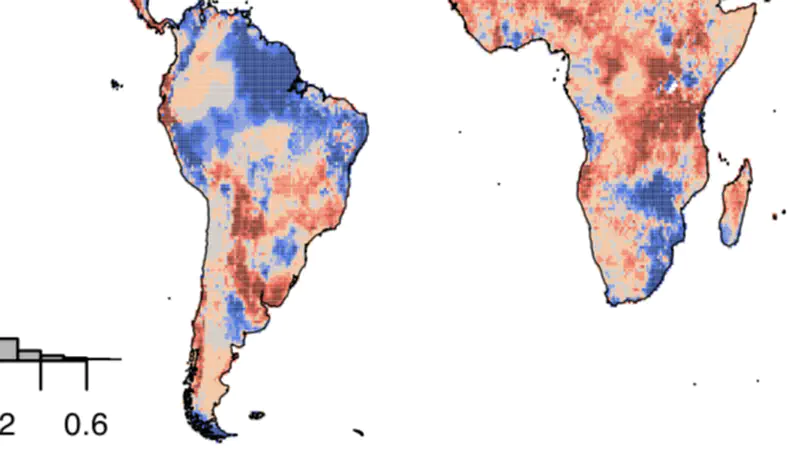Hi there
This is my research group’s website. Here, you can learn about who we are and about our research. And you can explore our open access code and our freely accessible learning materials (see Menu - Tutorials).
As a group, we are a collection of climate, ecosystem, and data scientists with a special interest in interactions between global environmental change and terrestrial ecology and biogeochemistry.
Our work yields insights into climate change impacts on land ecosystems and provides data-informed predictions of how forests and grasslands respond to a climatic extreme events, rising CO2 and changes in nutrient cycles. We use Earth observation data and develop process-based models that are founded on eco-evolutionary optimality principles to explain plant traits and their adaptation and acclimation to the environment. In more data-driven approaches, we apply machine learning and data assimilation techniques using diverse ecological data (ecosystem flux measurements, forest inventories, remote sensing, and manipulation experimental data, etc.). In brief, we build models, as simple as possible and as complex as necessary to learn the most.
We are motivated to gain a better understanding of issues that are becoming increasingly pressing to society and policy and that are key to creating a sustainable future.
- Climate-biosphere interactions
- Forecasting drought impacts
- Monitoring the carbon cycle from space
- Developing next-generation vegetation models
- Model-data integration and machine-learning
Our home:

Our Team
Projects
Overview of some past and ongoing research.
Featured Publications
Summary Interactions between carbon (C) and nitrogen (N) cycles in terrestrial ecosystems are simulated in advanced vegetation models, yet methodologies vary widely, leading to divergent simulations of past land C balance trends. This underscores the need to reassess our understanding of ecosystem processes, given recent theoretical advancements and empirical data. We review current knowledge, emphasising evidence from experiments and trait data compilations for vegetation responses to CO2 and N input, alongside theoretical and ecological principles for modelling. N fertilisation increases leaf N content but inconsistently enhances leaf-level photosynthetic capacity. Whole-plant responses include increased leaf area and biomass, with reduced root allocation and increased aboveground biomass. Elevated atmospheric CO2 also boosts leaf area and biomass but intensifies belowground allocation, depleting soil N and likely reducing N losses. Global leaf traits data confirm these findings, indicating that soil N availability influences leaf N content more than photosynthetic capacity. A demonstration model based on the functional balance hypothesis accurately predicts responses to N and CO2 fertilisation on tissue allocation, growth and biomass, offering a path to reduce uncertainty in global C cycle projections.
